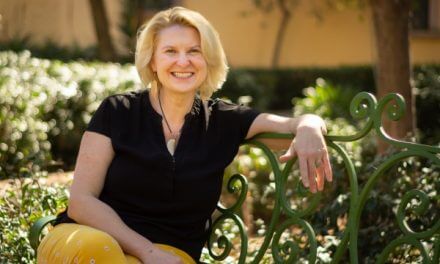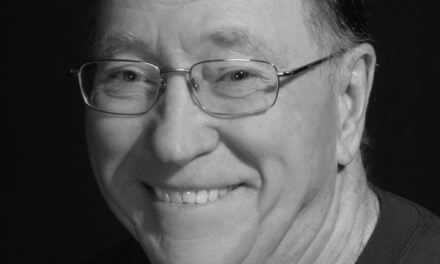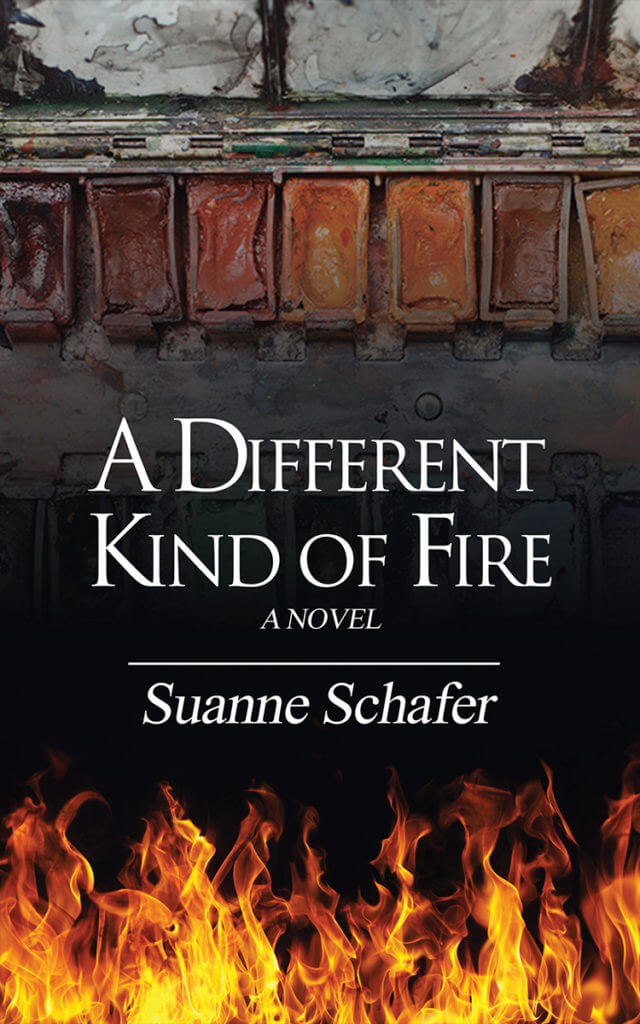Joining me today is Dianne Freeman, the incomparable author of the light-hearted Countess of Harleigh mystery series.
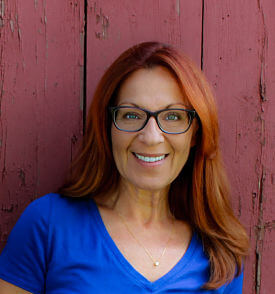
SS: Writing is undoubtedly a lonely occupation. John Green (The Fault in Our Stars) says writing is a profession for introverts who want to tell you a story but don’t want to make eye contact while doing it. P. D. James (Cover Her Face) says it’s essential for writers to enjoy their own company. Do you see yourself along those lines? Are you a natural loner?
DF: Let me just state for the record that I like people. I like meeting new people and getting to know them—who they are, what they do, what interests them, and why. And I’m not just trying to turn them into characters for my books, at least not every time. However, I am very comfortable being alone, and I do need at least some time to myself every day. I take a long walk every day and claim it’s for my health, but really, it’s just a chance to be totally in my own head for a while. It’s how I recharge and often, how I plot. I don’t know if a writer must enjoy their own company, but they’d better at least be able to tolerate it.
SS: What in your childhood do you believe contributed to your becoming a writer?
DF: My mom was an avid reader and she turned me into one as well. She was a working mom and treasured her reading time and I knew it, so to spend time with her, we’d sit together and read. Then we’d talk about our books. We were a mother/daughter book club. That love of reading and sharing our stories was the impetus for me to try my hand at writing fiction.
SS: Could you say something about your relationship to your fictional characters? How autobiographical is your fiction?
DF: My characters are all people I’d like to spend time with. I don’t think my fiction is autobiographical, but something of me shows up in each character, both good and bad. In fact, though none of my characters are based on one person, they have traits from a lot of people I know.
SS: What literary pilgrimages have you made?
DF: I haven’t made any pilgrimages yet, but I recently heard about the Jane Austen festival in Bath, England. I’m not going to make it this year, but it’s a goal!
SS: At what point did you come up with your title? Did your publisher change it?
DF: I came up with the title before submitting the manuscript to agents, but it was a group effort. The original four or five titles were just too vague and didn’t convey the spirit of the book. I belonged to a group of writers online, so, one Friday evening, I poured a glass of wine and posted a summary of the story along with my selection of bad titles and asked for input. Over the course of an hour or two, we produced the longest and funniest thread I’d ever read as we all tried to top the last outrageous title. I finally mentioned a reference book I used called Mrs. Beaton’s Guide to Household Management, remarking that it was a title that had a particularly Victorian feel. Someone threw out the title of the play, A Gentleman’s Guide to Love and Murder. Within a few minutes, we had A Lady’s Guide to Etiquette and Murder and that’s the title that stuck.

SS: Do you believe you write the kind of book you’d want to read?
DF: By the time one of my books is finished, I’ve read it at least twenty times so I’d better be writing the kind of book I’d want to read! But yes, historical mystery, especially mixed with a little humor is my favorite kind of book.
SS: Where is your book set? How did you decide on the setting? When is it set?
DF: My books are set in late Victorian London, and that’s largely due to reading Edith Wharton when I was young. Several of her books dealt with transatlantic marriages between American heiresses and British lords. Hundreds of them took place in the relatively short span of time between the mid-1870s and almost 1910. There were economic and social reasons for this phenomenon, but Wharton’s take was that they were pretty wretched affairs that left the bride miserable. In fact, some of the marriages were bad, but some were quite successful. I wanted to check in on a transatlantic marriage ten years down the road and see how the bride was doing.
SS: How did publishing your first book change your process of writing?
DF: Because I signed a three-book contract, I had a deadline and an obligation to provide my editor with an outline. I had never dealt with either of those things before. It took a year and a half to write my first novel and under contract, I had eleven months. The good news is the outline helped keep my draft focused—no writing off on tangents, and kept me writing—no wasting time staring at a blank page! I’d still rather not have a deadline, but now I will always write an outline first.
SS: Let’s face it, making things up is a strange occupation for a grown-up. But if we accept that statement as true, then writing crime novels must be stranger still. After all, as a crime writer, you spend a lot of your time trying to work out how one person might kill another and get away with it. Do friends and family do tend to look at you in a different way once they’ve read one of your books?
DF: My friends and family looked at me in stunned amazement when they learned I’d published a book. Their expressions haven’t changed with the release of book 2. My husband is a different story. I always plot the murder before I get too far into the story. Whenever he stumbles across those notes, he gets very nervous.
LIGHTNING ROUND:
SS: Describe your books in 3 words: Historical, Fun Whodunits.
SS: Pantser or Plotter? Former Pantser, now Plotter.
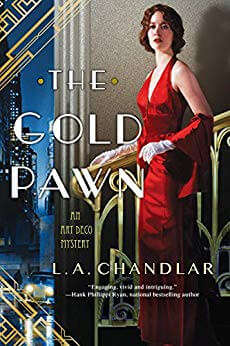
SS: The book you’re currently reading: The Gold Pawn by L.A. Chandlar
*********************
Though American by birth, Frances Wynn, the now-widowed Countess of Harleigh, has adapted admirably to the quirks and traditions of the British aristocracy. On August twelfth each year, otherwise known as the Glorious Twelfth, most members of the upper class retire to their country estates for grouse-shooting season. Frances has little interest in hunting—for birds or a second husband—and is expecting to spend a quiet few months in London with her almost-engaged sister, Lily, until the throng returns.
Instead, she’s immersed in a shocking mystery when a friend, Mary Archer, is found murdered. Frances had hoped Mary might make a suitable bride for her cousin, Charles, but their courtship recently fizzled out. Unfortunately, this puts Charles in the spotlight—along with dozens of others. It seems Mary had countless notes hidden in her home, detailing the private indiscretions of society’s elite. Frances can hardly believe that the genteel and genial Mary was a blackmailer, yet why else would she horde such juicy tidbits?
Aided by her gallant friend and neighbor, George Hazelton, Frances begins assisting the police in this highly sensitive case, learning more about her peers than she ever wished to know. Too many suspects may be worse than none at all—but even more worrying is that the number of victims is increasing too. And unless Frances takes care, she’ll soon find herself among them . . .
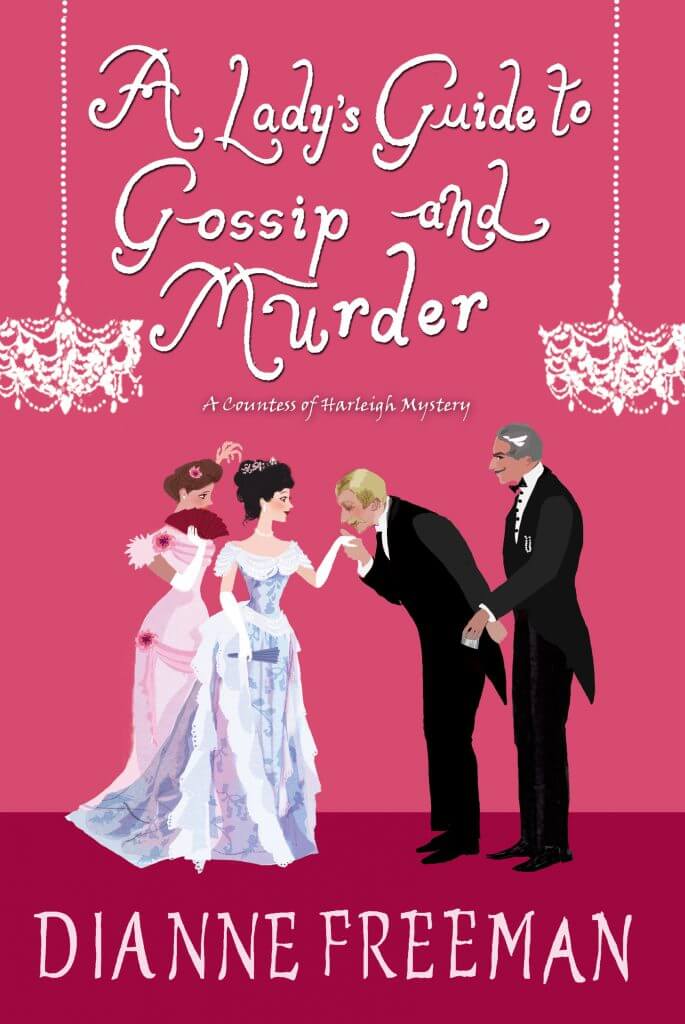
A Lady’s Guide to Gossip and Murder along with its companion, A Lady’s Guide to Etiquette and Murder are available through Amazon.
*********************
A charming excerpt from A Lady’s Guide to Gossip and Murder:
I made some comforting response and after extending my sympathy, excused myself from the two of them. I glanced around the room for my cousin, taking note of the faces in the thinning crowd. It was time for us to leave as well. One did not want to impose on the grieving family, however much one might wonder about their grief. And I still must pay a call on Graham. I caught a glimpse of Charles across the room, but before I could reach him, I was stopped by Hugo Ridley.
“Lady Harleigh, we meet again.” He stepped into my path and took my hand in greeting.
“Indeed, Ridley, you keep popping up everywhere.” I frowned. “This time it’s such a somber occasion.”
“Somber?” His brows drew together. “Why, I would call it tragic myself. And you should take note of it. A woman living alone in this city is completely vulnerable to such an attack. I’m surprised Mrs. Archer’s fate has not sent you back to Harleigh House.”
I repressed a sarcastic snort. To some degree, he was speaking the truth, however much it might irk me. That said, neither marriage nor living with my in-laws had provided me with any security in the past, and as it came with so many other problems, I’d rather risk living alone.
“Do you believe her death was due to some random attack then?”
He shrugged. “What else could it be? Mrs. Archer was a middle-aged widow. I hardly think she had connections with anyone of a criminal bent.”
Middle-aged? I ground my teeth behind a closed-lipped smile. She was only a few years older than I. A man would consider himself in his prime. At forty-something, Hugo likely still did so. Men. At least he wasn’t blaming Mary for her own murder.
I bit back my annoyance and pressed on. “Were you well acquainted with Mrs. Archer?”
“A bit. More so with her husband. And of course, the elder Archer, her brother-in-law.” His face split with a grin. “One must always be on good terms with one’s banker, you know. I wouldn’t want to miss out on any good investment advice, and Archer is always on to the latest scheme.”
Hmm, was he indeed? Perhaps Graham should talk to the man. Perhaps I should.
I made a show of perusing the room. “Does it seem to you the guests are divided into two camps?” He followed my gaze. Once I noticed, the division was obvious. Mary’s sister and her husband held court on one side of the room, with the Archers on the other. How had that come about? Perhaps there was something to Archer’s theory that Mary, and in this case her family, looked down on him.
Ridley’s gaze returned to mine. “It’s the age-old prejudice, old family versus new money. I would place a bet on the new money to win.”
“In this case it appears Mr. Archer does a great deal of winning. I should speak to him about investing my funds.”
“You might. But remember, the greater the reward, the higher the risk.”
